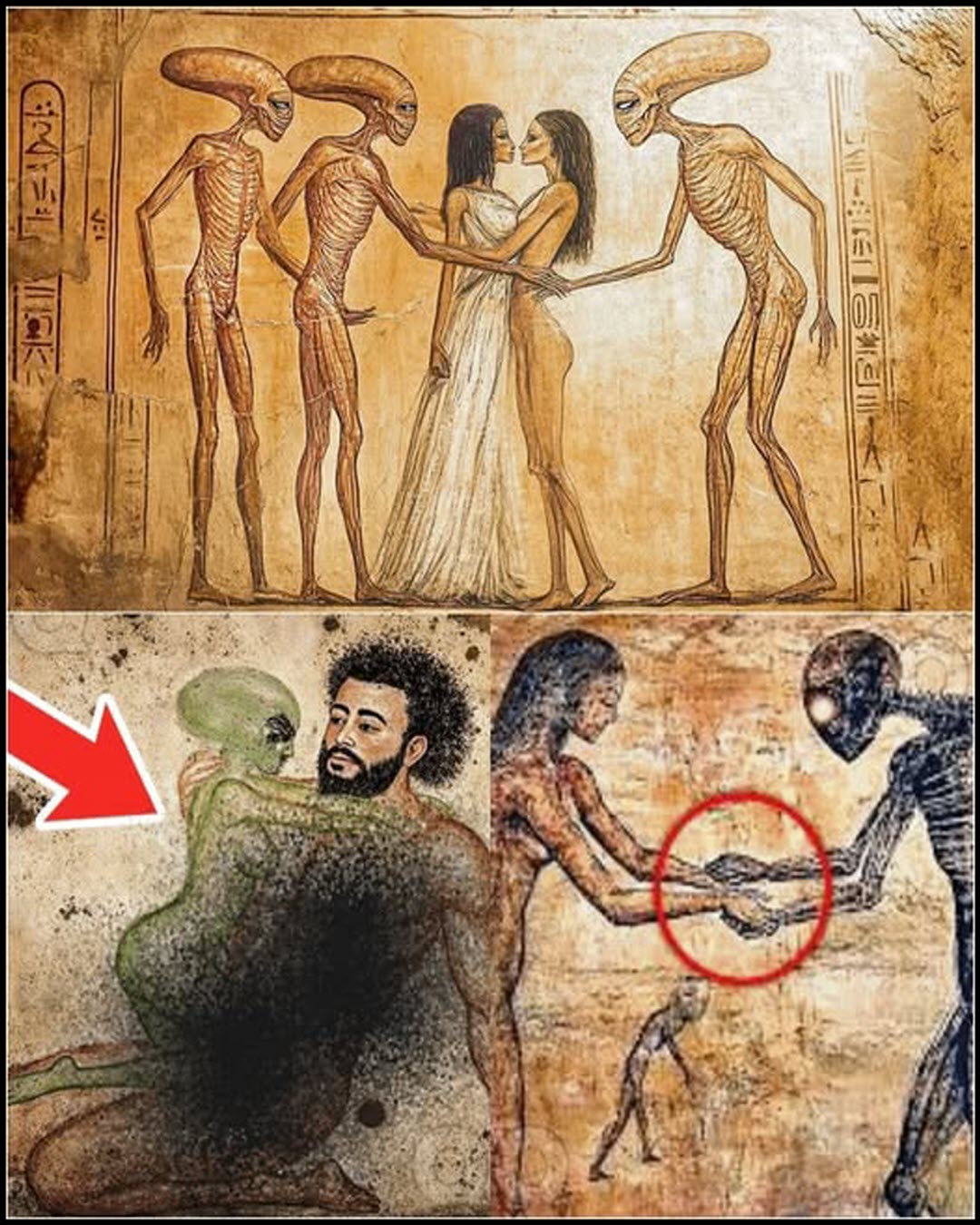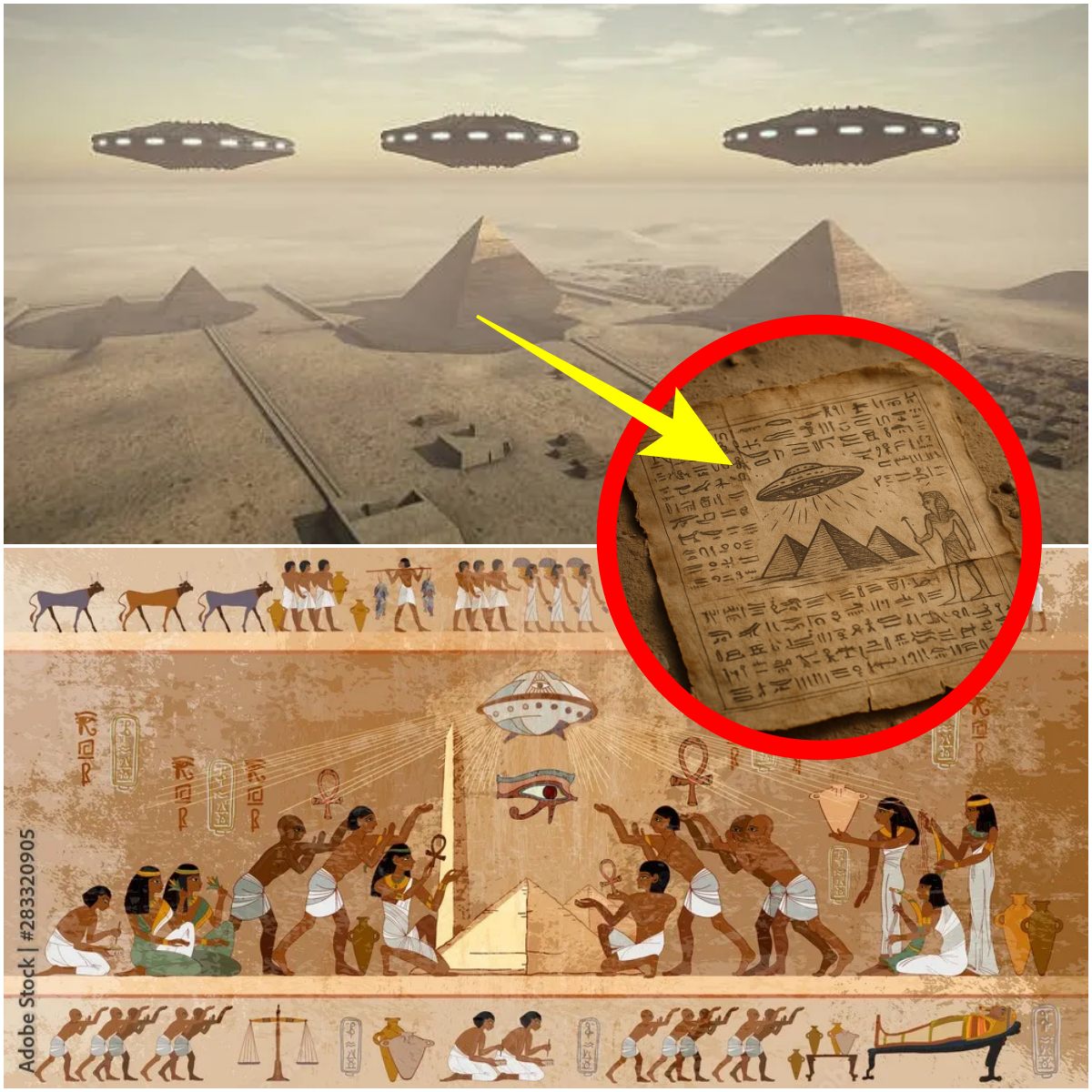Pyramid Myths Debunked: Beyond Slave Labor
In a significant revelation that challenges centuries-old misconceptions, historians are dispelling the widely held belief that slaves were responsible for building the ancient Egyptian pyramids. Contrary to this persistent myth, recent research has traced the origin of this misconception back to the Greek historian Herodotus. It turns out that the truth paints a different picture, with paid workers rather than slaves taking on the monumental task of building the pyramids.

The idea that slaves toiled to build the pyramids has long been entrenched in the popular imagination, perpetuated by ancient accounts and Hollywood depictions. However, a re-evaluation of historical records and archaeological evidence is shedding light on the true nature of the workforce involved in one of the most iconic architectural achievements in human history.
Herodotus, known as the “father of history,” visited Egypt around 450 BC and documented his observations. His writings, while invaluable in providing insight into ancient cultures, have been found to contain inaccuracies. The belief that slaves built the pyramids is now attributed to Herodotus’ accounts, revealing the influence of cultural biases and misinterpretations in shaping historical narratives.

Dr Fatima Ibrahim, a leading Egyptologist, stressed the need for a nuanced understanding of the historical context: “The evidence we have today challenges the narrative that slaves built the pyramids. Paid labourers, skilled craftsmen and workers from various social strata were likely involved in the construction process. It is crucial to re-evaluate our understanding of ancient societies based on the most accurate historical records available.”
Recent archaeological discoveries, including workers’ graves near pyramid sites, offer insight into the lives of those who contributed to these monumental structures. The findings indicate a level of organization, specialization and compensation that aligns more closely with a skilled workforce than with a slave labor system.

Debunking the myth of slave construction not only reshapes our perception of ancient Egyptian society but also underscores the complexity and sophistication of the pyramid-building enterprise. The paid workers who contributed their skills and efforts to these architectural wonders played a crucial role in shaping the landscape of ancient Egypt.
As historians and archaeologists continue to unravel the mysteries of the past, the re-evaluation of long-standing myths surrounding the pyramids is a testament to the changing nature of historical understanding. The truth about the construction of the pyramids serves as a reminder that revisiting and re-evaluating historical narratives is essential to a more accurate and nuanced understanding of human history.






